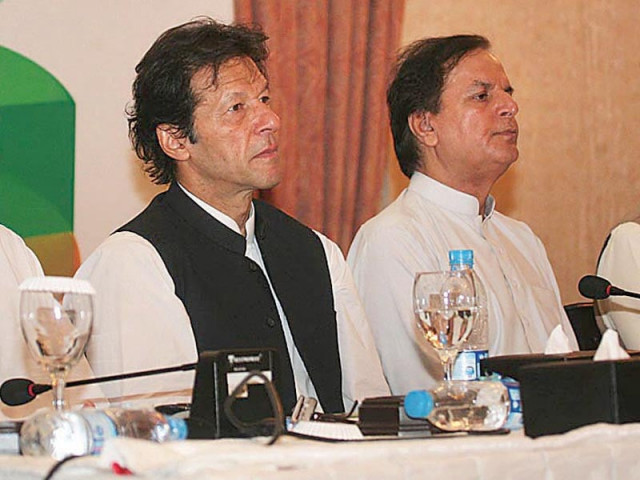PTI’s economic policy
Much of the PTI’s economic blueprint is aspirational rather than realistic.

PTI’s economic policy
Much of the PTI’s economic blueprint is aspirational rather than realistic. It is to say that the cost of producing electricity will be reduced, even though not a single politician in Pakistan has any control over the international price of oil. The same goes for the promise to bring an end to the circular debt issue although the PTI is unable to explain where the money will come from in order for this to happen. The party has also focused on the symbolic rather than the practical. It is politically popular to say that the state will save money by slashing the budgets of the president, prime minister, chief minister and governors’ houses by 50 per cent but these savings will barely make a dent in our deficit. The PTI also wants Pakistan to make do without foreign loans although how this will not lead to instant bankruptcy is again left unexplained.
Many of the proposals also betray an inexcusable ignorance about politics and economics. It is well and good to say that the education and health budgets will be substantially increased but these are subjects that were devolved to the provinces under the Eighteenth Amendment and so will not be under the purview of the centre. The PTI also wants to increase government spending in many sectors, reduce unemployment substantially while bringing down inflation at the same time, which is something that would break all laws of economics if it ever happened. That ultimately is the problem with the PTI: it ignores reality for rhetoric.
Published in The Express Tribune, August 27th, 2012.















COMMENTS
Comments are moderated and generally will be posted if they are on-topic and not abusive.
For more information, please see our Comments FAQ